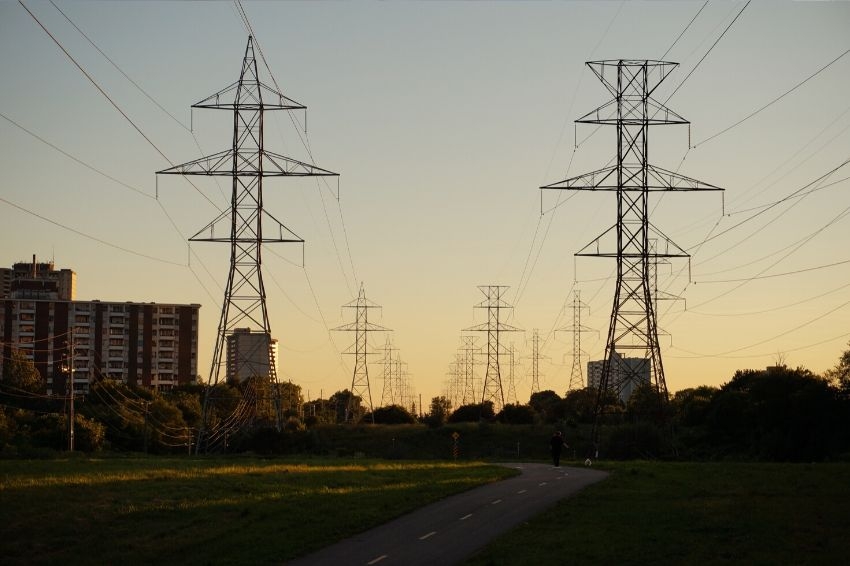ANEEL (National Electric Energy Agency) approved this Tuesday (23), in a public board meeting, the regulation of the Covid Account, establishing a limit of R$ 16.1 billion for the loan that will provide liquidity to distributors. The amount will be offered to the electricity sector by banks, led by BNDES, to be paid over the next five years.
According to the MME (Ministry of Mines and Energy), the electricity sector is at the forefront, being one of the first to find a market solution, without resources from the National Treasury, to overcome the crisis caused by the new coronavirus pandemic.
The standard also defines criteria and procedures for the management of the Covid Account, establishing limits for fundraising by distributors, based on the loss of revenue and market for each distribution agent. The rule also details the cost items that can be covered by the account and the operational flow of transfers.
According to the MME, the resources will ease consumers' pockets at this time of loss of income for a large part of the population, in addition to guaranteeing cash flow so that companies in the sector honor their contracts and can overcome the effects of the pandemic.
Covid-Account Creation
A Covid Account was created by Decree 10,350 with the aim of receiving funds from bank loans contracted by the CCEE (Electric Energy Trading Chamber) intended to cover deficits or advance revenue, in whole or in part, from distributors with various items from April to December 2020.
The decree is a market operation, which aims to combat the economic impacts caused by the coronavirus outbreak. For Bernardo Marangon, specialist in electricity markets and director of Exata Energia, The creation of Conta-Covid was one of the Federal Government's most important initiatives for the sector to continue functioning well.
“Distributors are suffering a lot from default and the significant drop in load due to social isolation, which has a negative impact on these companies’ revenue. As they are responsible for a large part of the sector's revenue and taxes, they need to remain financially healthy, so that there is no cascade effect affecting other generation and transmission segments”, said Marangon.















